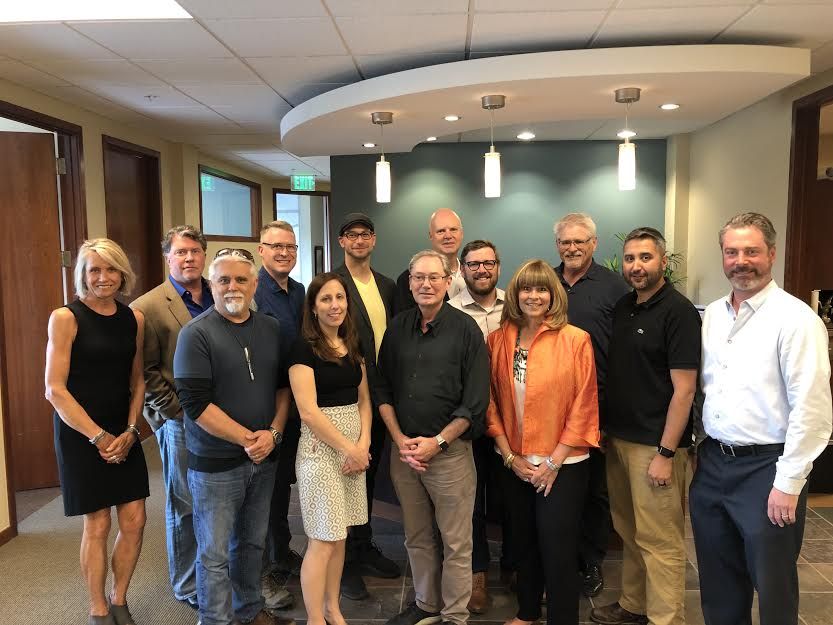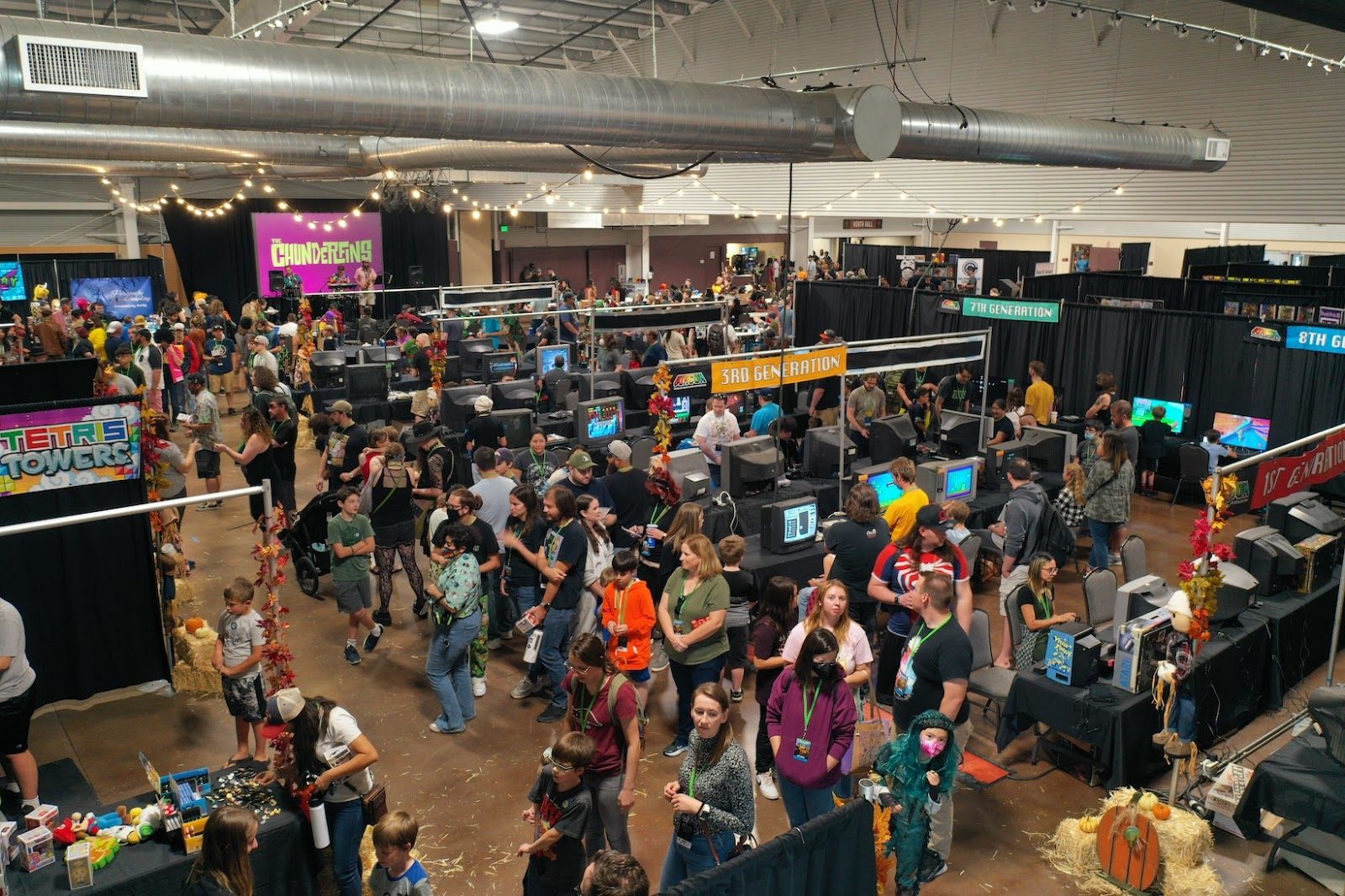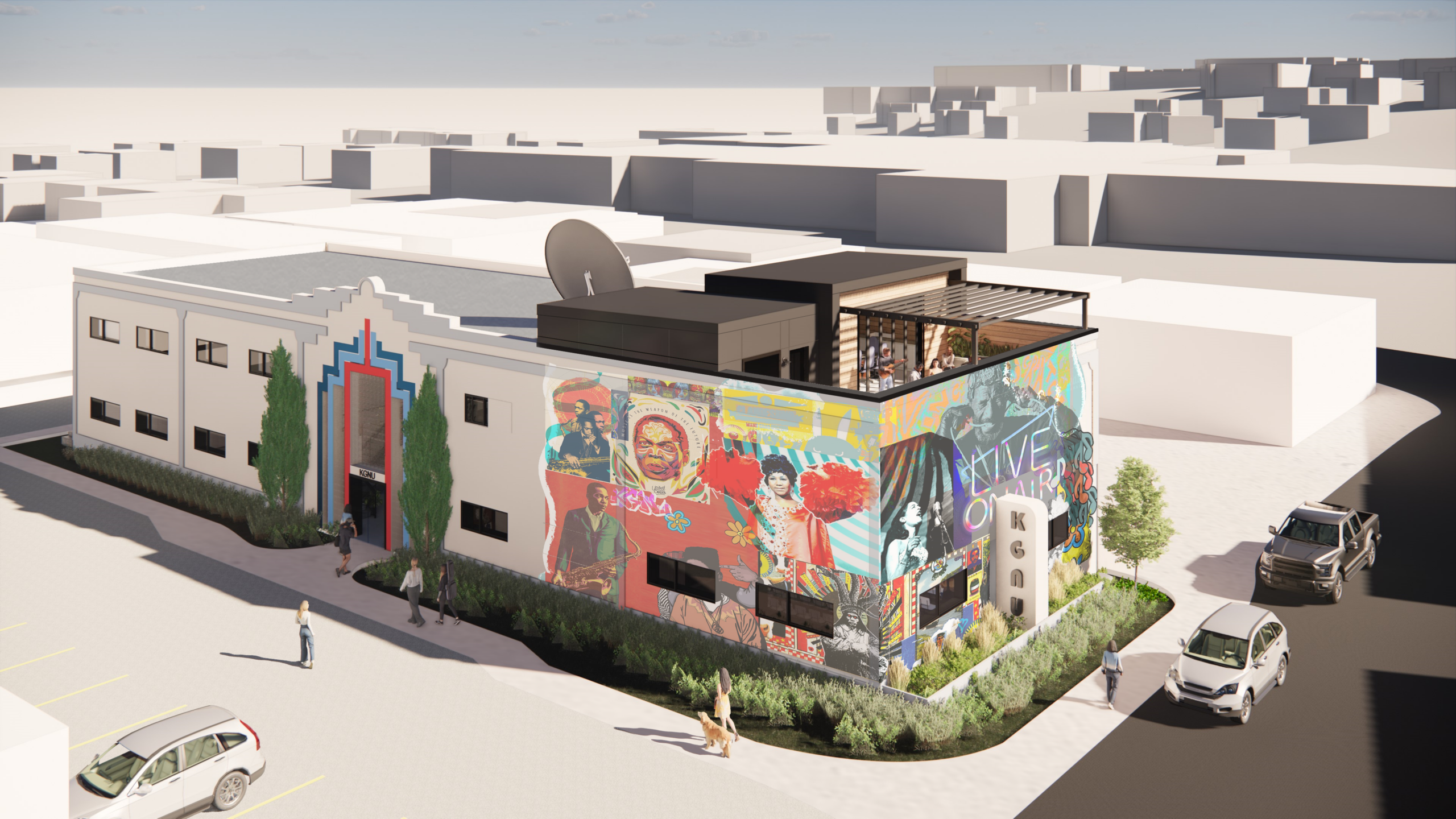Boulder PR, ad firms see challenges, opportunities in shifting media landscape

BOULDER — The way people consume media has changed in recent years, forcing a corresponding shift in how advertising and public-relations professionals seek to get their clients’ content in front of readers and viewers.

The rise of social media and digital content, coupled with the decline of print media, have muddied the waters regarding the traditional roles of advertising agencies, public-relations firms and marketing departments.
This evolving ecosystem presents both challenges and opportunities for Boulder firms, industry leaders said Tuesday during BizWest’s CEO Roundtable on Advertising, Marketing and Public Relations.
SPONSORED CONTENT
The digital age has been accompanied by the “largest migration of media since the invention of the lithographic press,” Brandzooka CEO Aquiles La Grave said.
Over the past decade, “everything has morphed and merged together, from design to content,” Catapult co-founder Guy Murrel said. “… There’s been a convergence of advertising, PR and digital marketing.”
This blending of skills and services has made it more challenging for firms to find their niche.
“One of our daily struggles is figuring out how to stay true to our PR roots when the landscape of the industry has changed so much,” Essenza Communications CEO Pamela Stewart said.
This digital transition has created a hyper-competitive environment where marketers — and their clients — can “fail faster and succeed faster” than ever before, added Voltage creative director Andrew McGuire.
The need to evolve and differentiate yourself is increasingly critical, he said. “We have to fight becoming a commodity by finding new ways to position ourselves.”
Marketers can adapt to shifts in the industry by moving away from “task work” that is easily commoditized and toward “knowledge and creative work,” which is much less easily replicated, La Grave said.
Technological advances have provided new ways for companies to interact with consumers, making good branding even more key. This presents unique opportunities for the industry.
“Branding evolves to become a piece of somebody’s identity, and it seems like the relationship people have with a brand is becoming more and more intimate over time,” Moxie Sozo CEO Evan Faber said. “Is there a new relationship we can have with brands where the brands become stewards of cultural values and propagators of new philosophies and ideas?”
The current economic environment in Boulder presents its own challenges, particularly when it comes to attracting and retaining talent.
“The economy is booming, but I can’t hire people” because employees can’t afford housing in Boulder, People Productions CEO Don Poe said.
The cost of office space in Boulder, particularly downtown, has caused some companies to relocate.
Mighty Fudge Studios recently bought new office space in North Boulder.
That decision was made in part to reduce rent costs, Mighty Fudge Studios CEO Patrick Mallek said. Another factor was easier access to amenities such as parking lots, which can help attract talent.
Housing costs for employees, along with increasing rental rates for office space, isn’t just a problem in Boulder, Communication Concepts Public Relations & Advertising CEO Stacy Cornay said. “Longmont is just as bad.”
The industry is grappling with “how we can keep growing and doing what we do if the costs are always escalating,” she said. The answer cannot be to continuously jack up rates firms charge their clients.
Companies are dealing with increases to their cost of doing business in a number of ways, including relying more heavily on freelancers and reducing office space through coworking or telecommuting.
Some in the advertising and marketing industries warn against overreliance on telecommuting.
“Creativity really needs to stew and to be highly collaborative,” La Grave said. If everyone is working independently from home, that creative environment can suffer.
“I’m an advocate for people being on site and bumping into each other in the office kitchen,” Vermilion Design + Digital CEO Bob Morehouse said.
The same cost factors that impact ad companies impact their clients as well, sparking disruption across many industries.
“Now’s the time to try something radically different,” McGuire said.
While the Boulder region can be tough from a cost perspective, there are certainly some benefits to operating in the area.
Boulder is known as a national leader in areas such as natural products and tech and biomedical. Boulder’s name recognition can be a boost for ad agencies courting firms in those industries.“companies like the idea that we are located in Boulder,” Morehouse said.
Stewart agreed.
“When you say you’re in Boulder, clients say, ‘Oh great, you’re in the hub,’” she said.
The CEO Roundtable was conducted at sponsor EKS&H, now part of Plante Moran. Other sponsors of the program include Berg Hill Greenleaf & Ruscitti LLP and Community Banks of Colorado.
BOULDER — The way people consume media has changed in recent years, forcing a corresponding shift in how advertising and public-relations professionals seek to get their clients’ content in front of readers and viewers.
 Participants in BizWest’s Advertising, Marketing and Public Relations CEO Roundtable held Tuesday in Boulder were (from left): Pamela Stewart, CEO, Essenza Communications Inc.; Doyle Albee, CEO, MAPRagency; Patrick Mallek, CEO, Mighty Fudge Studios; Don Poe, CEO, People Productions; Tasha Power, attorney, Berg Hill Greenleaf & Ruscitti LLP; Evan Faber, CEO, Moxie Sozo; Bob Morehouse, CEO, Vermilion Design +…
Participants in BizWest’s Advertising, Marketing and Public Relations CEO Roundtable held Tuesday in Boulder were (from left): Pamela Stewart, CEO, Essenza Communications Inc.; Doyle Albee, CEO, MAPRagency; Patrick Mallek, CEO, Mighty Fudge Studios; Don Poe, CEO, People Productions; Tasha Power, attorney, Berg Hill Greenleaf & Ruscitti LLP; Evan Faber, CEO, Moxie Sozo; Bob Morehouse, CEO, Vermilion Design +…
THIS ARTICLE IS FOR SUBSCRIBERS ONLY
Continue reading for less than $3 per week!
Get a month of award-winning local business news, trends and insights
Access award-winning content today!





